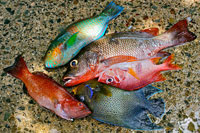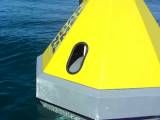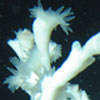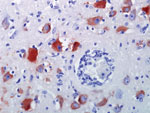
What constitutes an expert?

Trust me! I have tanks! An overview of my personal tanks.

Scientists ask fish to be included in moral circle of compassion.

Do fish feel pain?

Marine livestock collection’s effect on global reef health

Copper primer

Your right to reef : NMFS and upcoming legislation

Secrets to success: Your aquarium’s food chain

A network of coral health and communication


